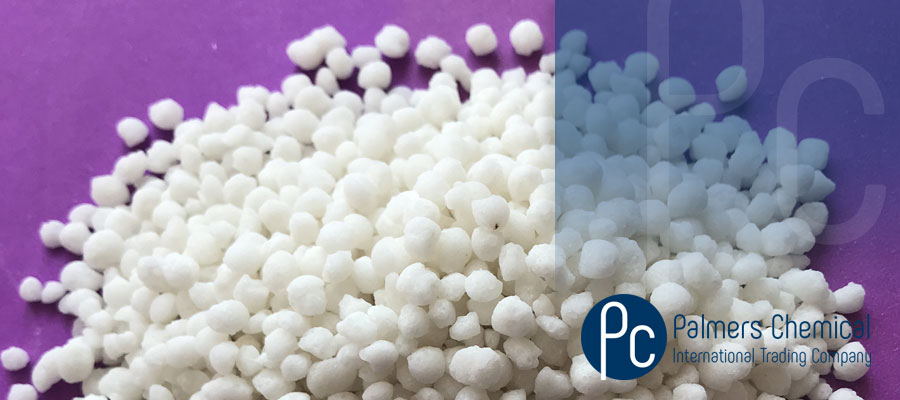Ammonium sulfate is used almost exclusively as a fertilizer material; minor amounts are used in nonfertilizer applications, including use as a cattle feed supplement, for several pharmaceutical applications, and for flameproofing, tanning, mining rare earth metals, food processing, fermentation, textile dyeing, and water treatment. In 2015, it was used mainly (95% of world consumption) as a nitrogen fertilizer material and accounted for about 4.7% of the world nitrogen fertilizer market. Industrial use of ammonium sulfate accounts for only about 5% of world consumption.

Ammonium sulfate has a high sulfur content in the sulfate form, making it readily absorbable by plants. It has a low pH, making it suitable for alkaline soils. As a nitrogenous fertilizer, it competes with urea, ammonium phosphates, and ammonium nitrate. Sulfur has become increasingly recognized as an essential nutrient for plant growth since it supports the synthesis of amino acids, proteins, enzymes, vitamins, and chlorophyll. It has been found to be beneficial to a variety of crops, including canola, alfalfa, corn, potatoes, rice, vegetables, and wheat.
There are no serious environmental concerns involved with the use of ammonium sulfate as a fertilizer material. Environmental concern does, however, play an important role in the ammonium sulfate industry in that a significant portion of the world's ammonium sulfate production is the direct result of the necessity to remove SO2 from stack gases at various metal smelting and refining operations in order to conform to government regulations on SO2 emissions. A large potential source of additional by-product ammonium sulfate production is SO2 recovery from coal-fired electrical generating stations.

